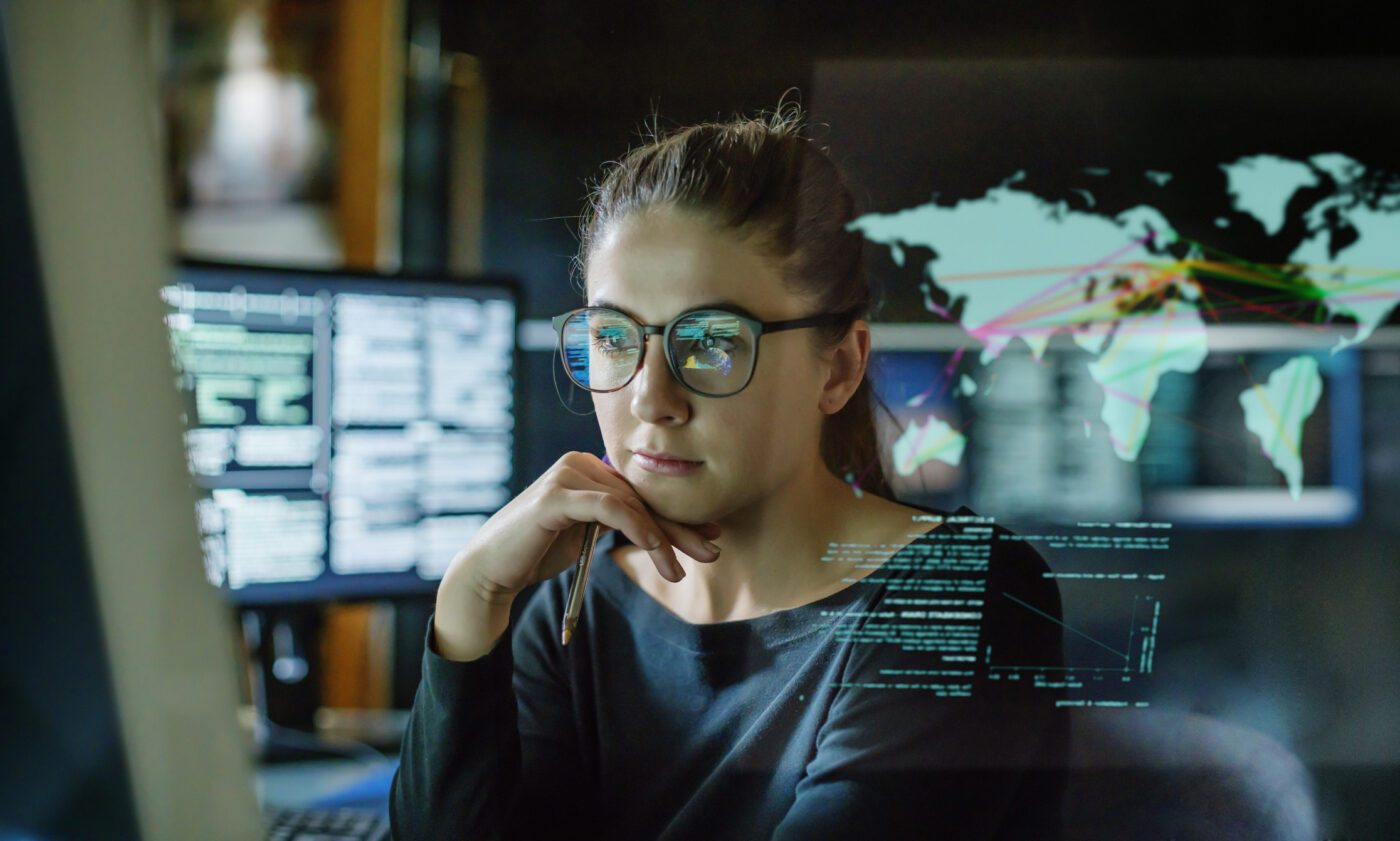School of International Relations Research Center (IRRC)

The International Relations Research Center (IRRC) at the University of New York in Prague (UNYP) is an academic hub for interdisciplinary and policy-driven research. IRRC explores contemporary global issues through collaboration within UNYP and with external institutions, contributing to scholarship and policy in international relations, security, governance, and communication.
Political Communication & Media Influence
- Political communication in democratic and authoritarian regimes
- Propaganda and disinformation studies
- Voting behavior and public opinion formation
- Media ecosystems, populism, and political party dynamics
Peace, Conflict & Collective Security Studies
- Conflict analysis, prevention, and transformation
- Peacebuilding and post-conflict reconstruction
- Collective security mechanisms (e.g., NATO, UN)
- Crisis response and transitional justice
International Relations & Security Strategy
- Multilateral diplomacy and international organizations (EU, NATO, UN)
- Strategic and defense policy development
- Hybrid warfare and irregular conflict
- Counterinsurgency and counterterrorism operations
- Environmental and non-traditional security threats
Governance, Ethics & Democratization
- Democratization and political transitions
- Political ethics and integrity systems
- Governance models and institutional resilience
Law & Global Norms
- International law and global legal systems
- International humanitarian law
- Human rights law and enforcement
Historical & Regional Studies
- Cold War legacy and superpower relations
- EU history and institutional evolution
- American foreign policy
- Regional studies with a focus on Africa and Central Europe
Research lead

Jakub Zahora holds Masters degree in Middle Eastern Studies from SOAS, University of London, and Masters degree in Security Studies and doctorate in International Relations from Charles University. He joined UNYP’s School of International Relations and Media Studies in fall 2023 as a research lead. Previously, he was a postdoctoral researcher at Max Planck Institute for Social Anthropology and a lecturer at Department of International Relations at Charles University. He also held visiting fellowships at Hebrew University, Copenhagen University and New York University. Zahora has taught courses on Middle East politics, theories of International Relations and security studies, and methodology in political science, and his research interests cover critical approaches to international politics, political ethnography, and the Israeli-Palestinian conflict.
Researchers

Interested in IRRC research?
Visit our Research Highlights page to explore key projects and academic contributions.
Contact
To learn more about research activities or potential collaborations, contact the International Relations Research Center at UNYP.
UNYP Chronicle Newsletter
The e-mail address you provide will be used only to send you the newsletter. Your privacy is important to us.

Contacts
University of New York in Prague
Londýnská 41, 120 00 Praha
ID no: 25676598
Phone:
+420 224 221 261
Email: unyp@unyp.cz










